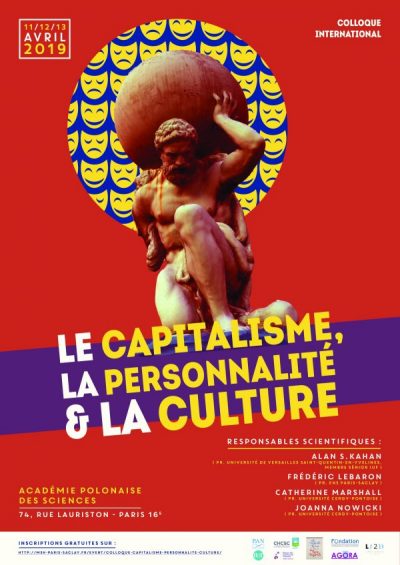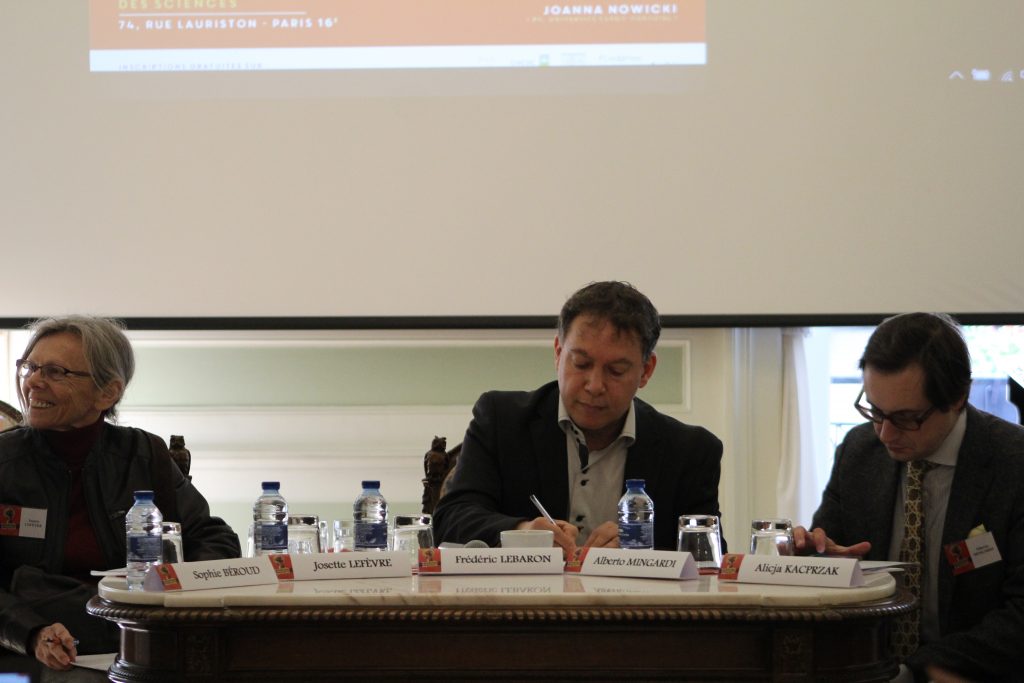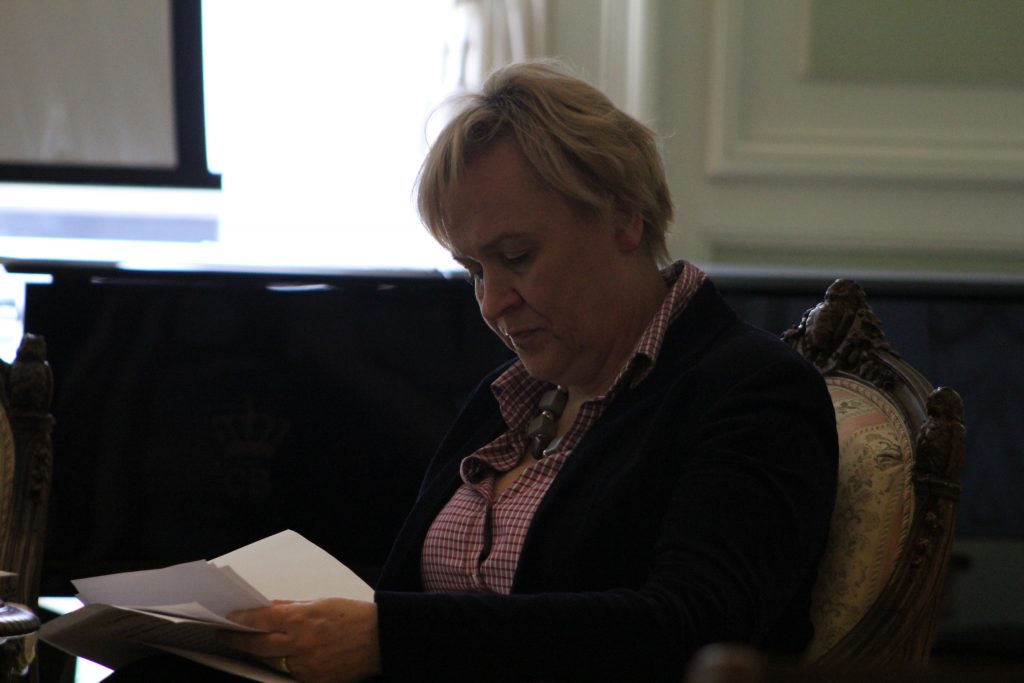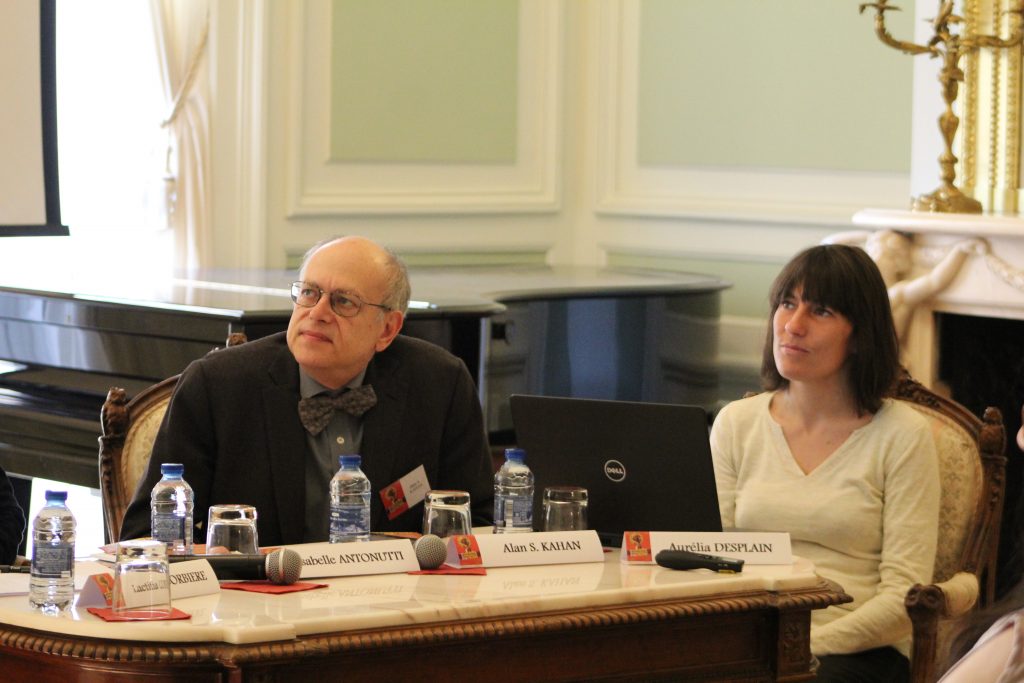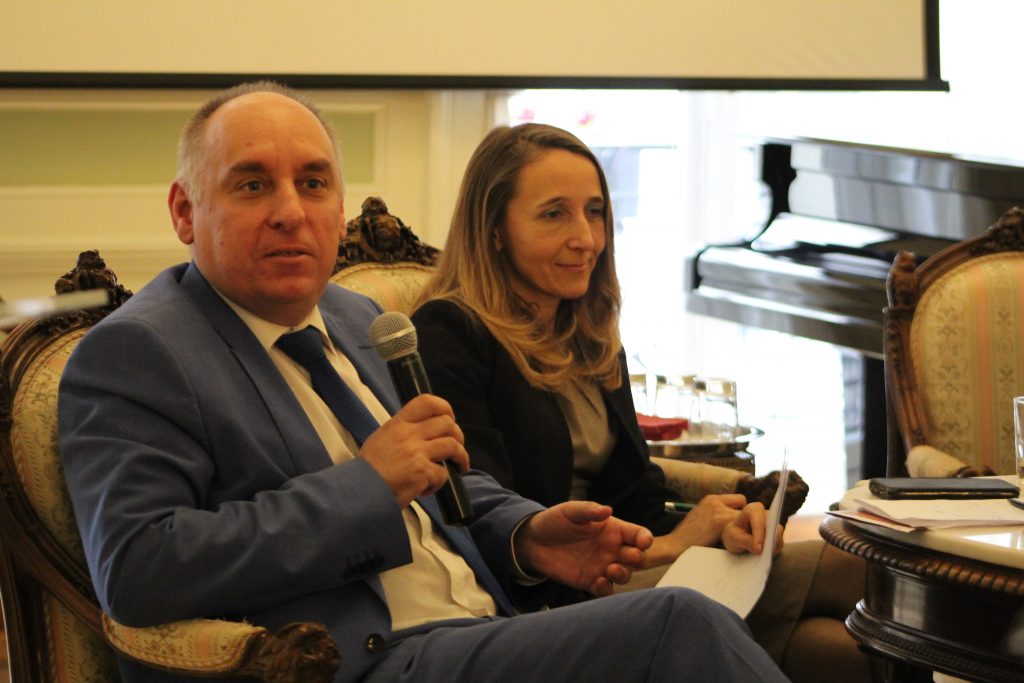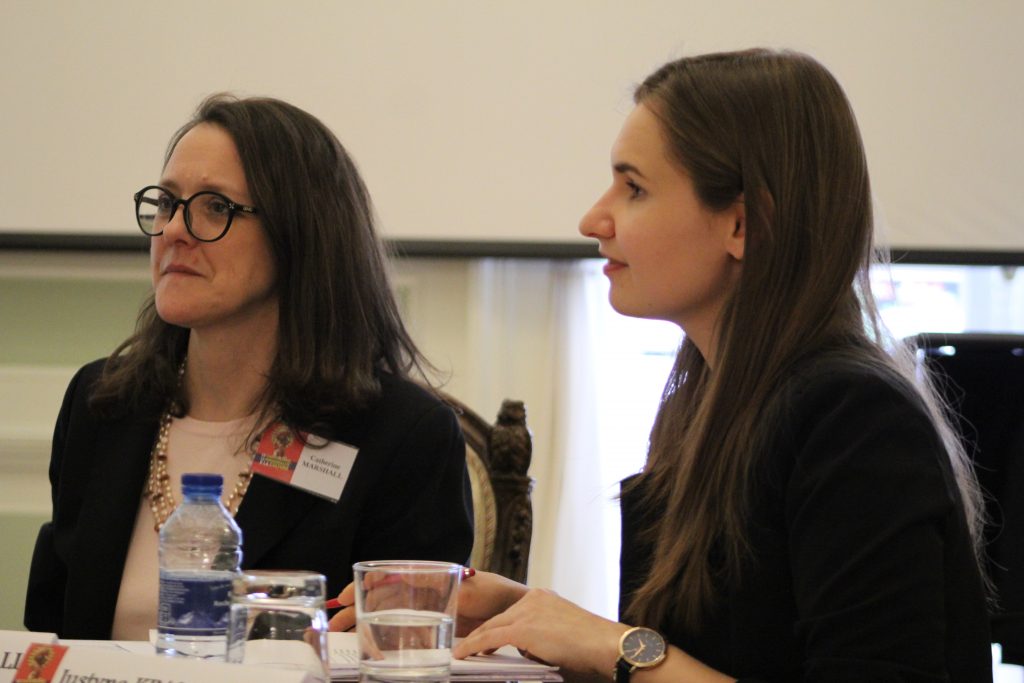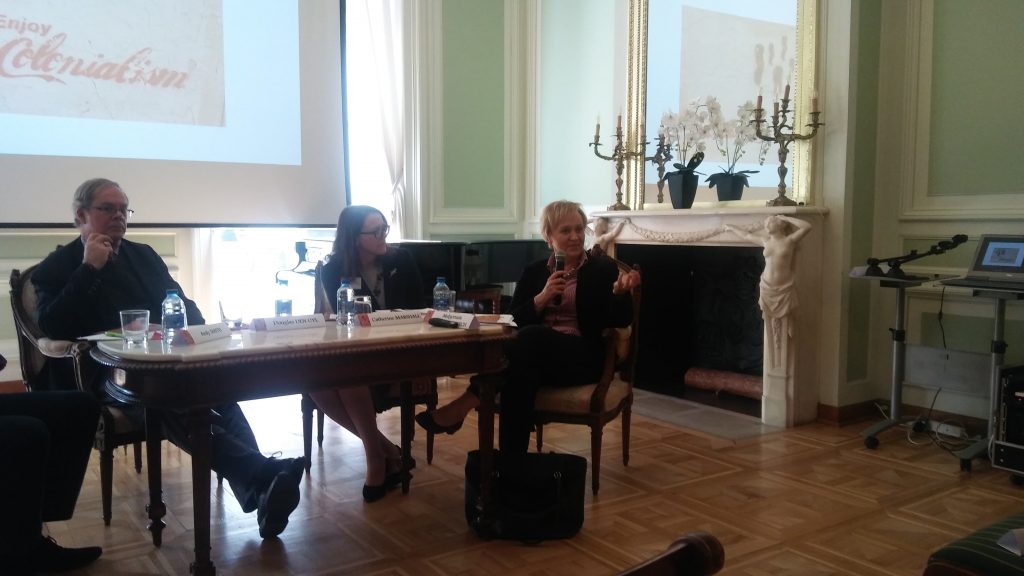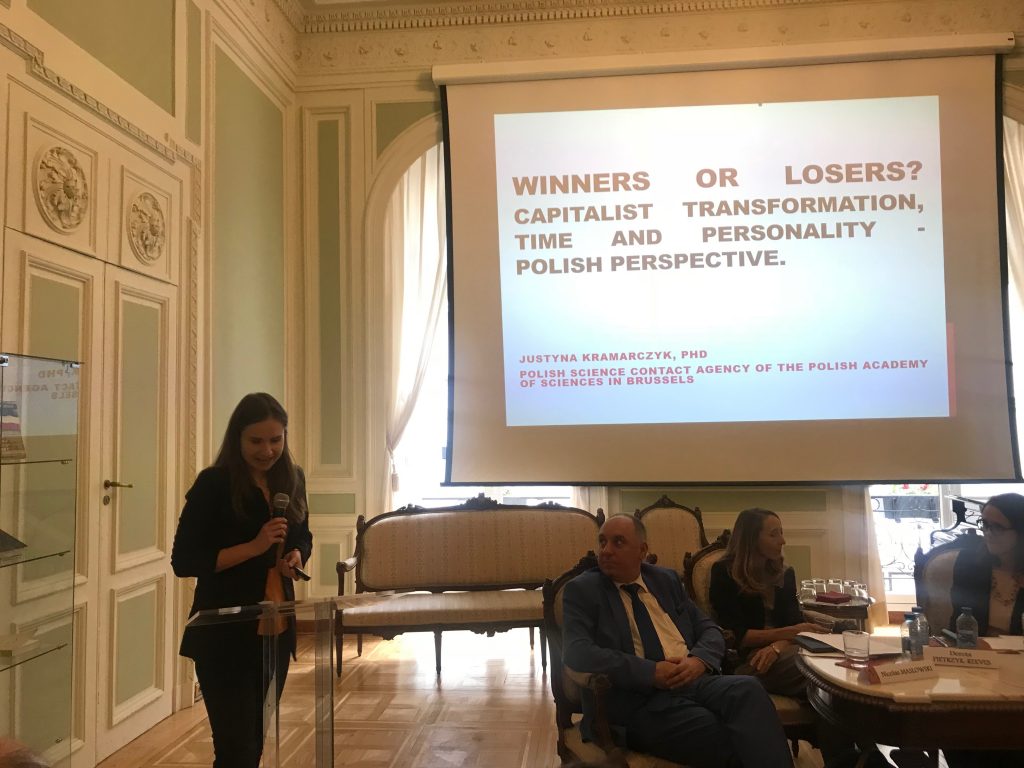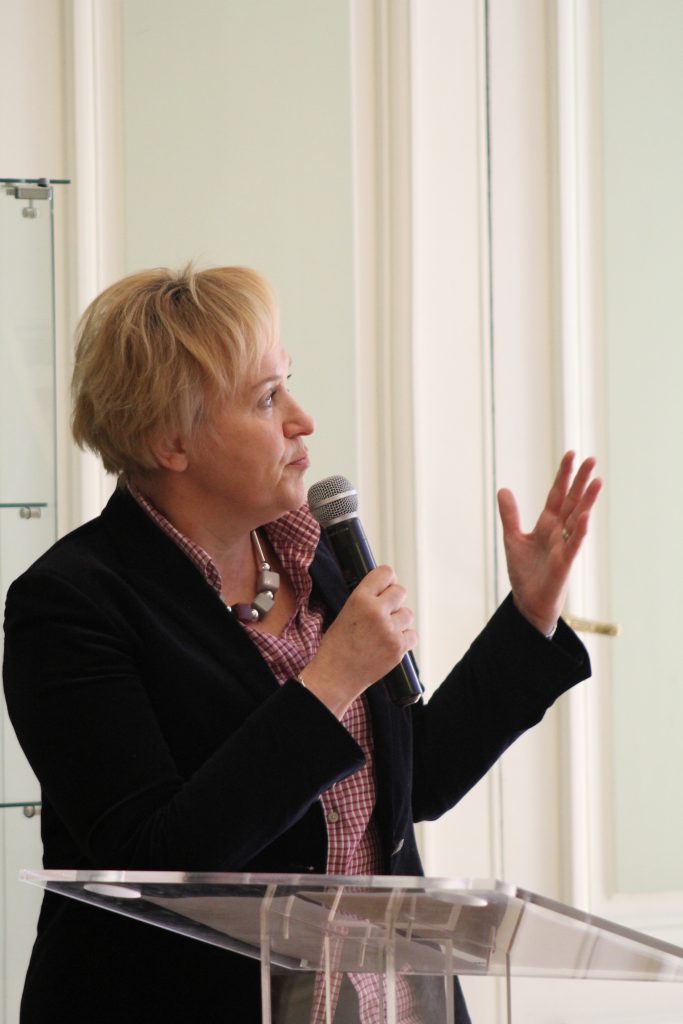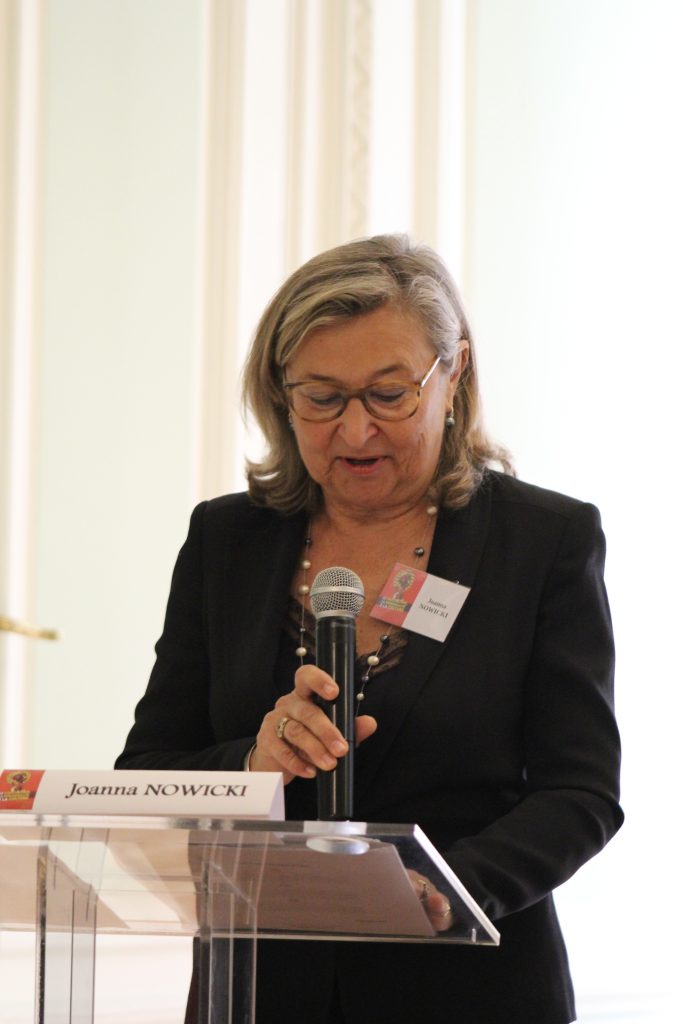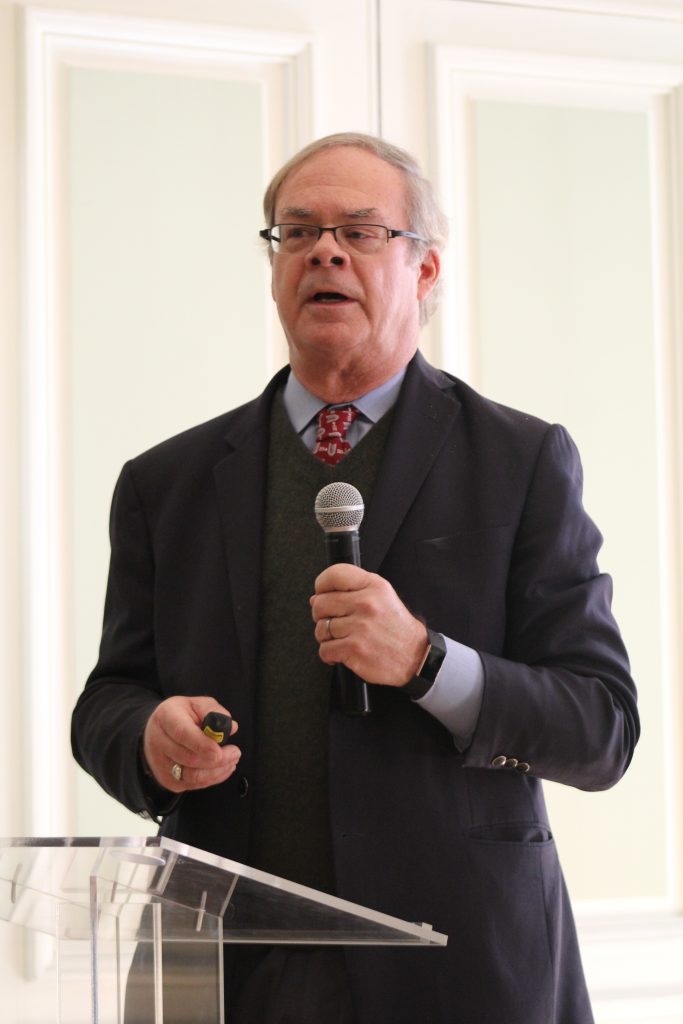On April 11-13, 2019, at the Scientific Station of the Polish Academy of Sciences in Paris, an international conference entitled “Capitalism, personality and culture” took place. The aim of the conference was to present, in an interdisciplinary way, the relationship between capitalism, personality and culture and the confrontation of various contemporary research perspectives. The invitation to participate in the conference was addressed to historians, economists, sociologists, political scientists, as well as representatives of the sciences of literature, theatre and film.
The scientific committee consisted of: prof. Alan S. Kahan (Université de Versailles Saint Quentin en Yvelines), prof. Frédéric Lebaron (ENS-Saclay) and prof. Catherine Marshall and prof. Joanna Nowicki (Université de Cergy-Pontoise). Co-organizers of the conference were: research foundation Maison des Sciences de l”Homme, Universite Paris-Saclay and Scientific Centre in Paris.
The conference was opened by Katarzyna Kula from the Scientific Centre in Paris, briefly presenting the history of the scientific station and the building on Lauriston in itself.
The welcome speech was given by prof. Alan S. Kahan.
The first day was devoted to the historical beginnings of capitalism and encompassed three sessions: ‘Trade, customs and personality in social thought of the 18th century’, ‘Capitalism, trade and personality in social thought (1800-1945)’ and ‘Images of trader and entrepreneur in the novel and the theatre before 1945’.
The second day of the conference concerned the issue of discourse and linguistic meanings of capitalism and the capitalist’s concepts. The introductory word was given by prof. Joanna Nowicki, the initiator of this session.
This session was accompanied by a historical and sociological commentary Andrzej Wajda’s movie ‘The Promised Land’, prepared by Anna Szczepańska (Université Paris 1 – Panthéon-Sorbonne).
During the afternoon sessions, the scientists discussed the ‘Presentation of trade and commercial relations on television and the cinema’ as well as ‘The image of capitalism in post-communist societies’.
The last day of the event was devoted to the modern capitalism. Sessions included the following issues: ‘The image of a patron and capitalism’ as well as ‘Capitalism and its impact on personality in terms of social thought since 1945’.
It is worth emphasizing that the conference was carried out both in English and French and it was attended by well-known representatives of social sciences and humanities from the United States, Great Britain, France, Switzerland and Poland.
In addition, the speeches turned out to be extremely diverse, and researchers analysed capitalism from many perspectives. For example, prof. Henry C. Clark (Dartmouth College, USA) presented a paper on the morality of merchants in the 18th century, prof. Gregory Claeys (Royal Holloway College, UK) wondered how we can imagine a post-consumer personality. What is more, Ms. Johanna Gaultier (Graduate Institute of International and Development Studies, Switzerland) talked about how economists try to introduce agenda-setting programs on public television.
Among the speakers there were also representatives of the Polish academic community. Professor Alicja Kacprzak (University of Lodz) presented the results of the linguistic analysis of the word “capitalist” in Polish and French. Dr Nicolas Maslowski (Centre of French Culture, University of Warsaw) raised issues related to the contemporary “disappointment” with capitalism in the Czech Republic, Poland and Hungary. Dr hab. Dorota Pietrzyk-Reeves (Jagiellonian University) focused on attitudes and their conditions towards capitalism and capitalists in post-communist Poland and Hungary.
Polish Science Contact Agency was represented by dr hab. Małgorzata Molęda-Zdziech, who gave a speech entitled “What capitalism? – scenarios of capitalism in a post-modern perspective (Z. Bauman, A. Giddens, R. Sennett)”, and dr Justyna Kramarczyk, who during a Friday session presented main relationships between capitalist transformation in Poland and time perception.
Antoine Reverchon, a journalist of Le Monde, summed up the conference message in his article “Is capitalism moral?” (Le capitalisme est-il moral?), which came out on April 26, 2019 in “Le Monde” [pdf].
